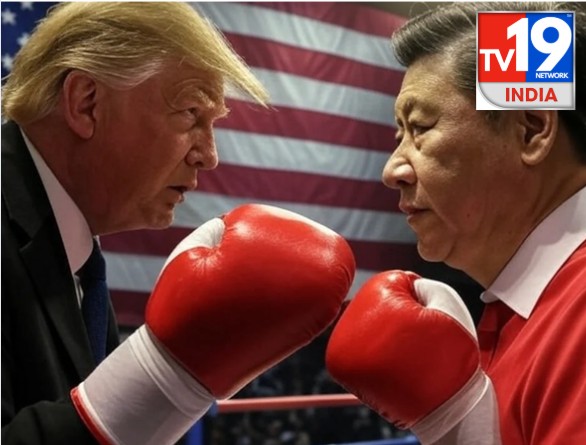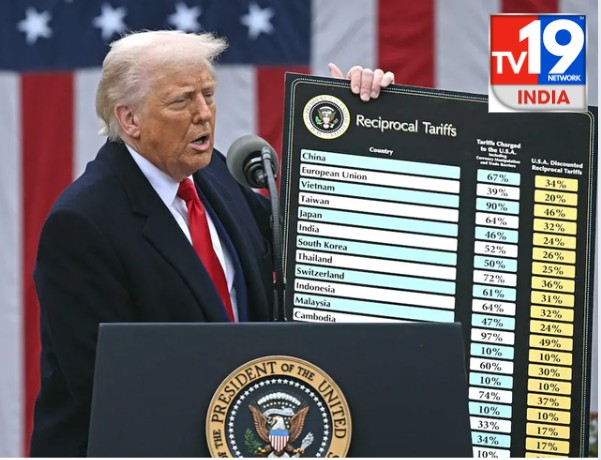Nepal Emerges as Unexpected Soybean Oil Supplier, Disrupting Indian Market
Kathmandu - In a shocking development, soybean oil imports from Nepal into India have surged 14-fold, setting off alarms among policymakers and industry leaders. How is a country with minimal soybean cultivation becoming a dominant supplier? A strategic tariff loophole is being exploited, and it is costing India dearly.
Under the South Asian Free Trade Area (SAFTA) agreement, imports from Nepal enter India duty-free. Taking advantage of this, traders are importing crude soybean oil from Argentina and Brazil, refining it in Nepal, and then flooding the Indian market—all while avoiding steep import duties. This has triggered a sharp decline in business for domestic refiners and oilseed farmers, raising fears of an unfair playing field.
The Solvent Extractors Association of India (SEA) has raised red flags, calling for stricter origin rules and possible import quotas. Without intervention, the unchecked influx of Nepali-refined soybean oil could destabilize India’s edible oil industry, reducing incentives for local production and refining.
The government must act swiftly. Enhanced scrutiny, rule amendments, and possible tariff adjustments could prevent further revenue loss and protect India’s agricultural interests. If left unchecked, this seemingly harmless trade surge could turn into a full-blown economic crisis. The question remains—will authorities take decisive action or allow Nepal to dominate India’s soybean oil market through regulatory loopholes?







